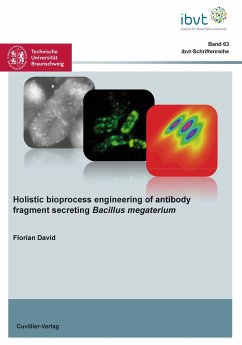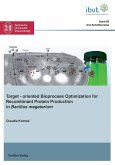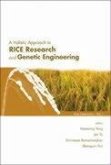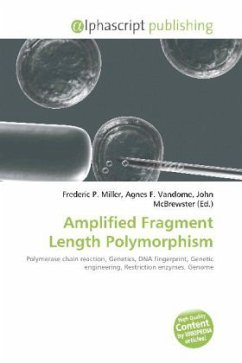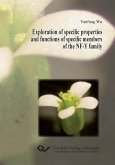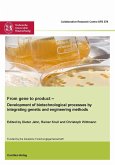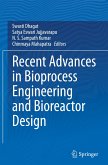Antibodies and antibody fragments are most important tools for therapeutic and diagnostic applications. An increasing demand of these high potential drugs makes less cost intensive production systems most desirable. Compared to mammalian cell culture microbial production platforms are beneficial with regards to reaching high production titers, scale up approaches, regulatory aspects and reduced costs of goods. Amongst these production systems those that are having the ability of an additional product secretion are most advantageous as the downstream processing costs are decisively reduced. In this work Bacillus megaterium, as a Gram positive model organism, was used to extensively study the production and secretion of the antibody fragment D.13 scFv. For the bioprocess optimization a holistic approach was followed. First the aim was to establish a high productive defined cultivation medium. Different media components like carbon sources, metal ions and ammonium concentrations were screened throughout various cultivation platforms ranging from micro titer plates to shaking flasks. Statistical design of experiments and a genetic algorithm approach were used to establish an appropriate defined high production medium. As a second step the process was transferred to the bioreactor scale of several liter cultivation volume. An optimal bioprocess strategy based on alternating growth and starvation phases was established to gain high product titers of antibody fragment D1.3 scFv. As a final step an up-scale to a 100 L bioreactor was done accounting for an advanced process control and considering ¿good manufacturing practice¿ guidelines. The advanced bioprocess monitoring tool of flow cytometry was used to gain deeper insights on microbial physiology at single cell level regarding cell viability, cell integrity and production intensity. This knowledge was used for a sophisticated cell physiology based bioprocess development and optimization. Furthermore culture heterogeneities were measured and characterized for B. megaterium producing antibody fragment D1.3 scFv under controlled bioreactor conditions. To obtain additional information about the regulatory processes occurring inside the cell on gene expression level a transcriptome analysis was performed comparing cells with an increased production and secretion status to less producing and non-producing cells. These cutting-edge technologies of flow cytometry and transcriptome analysis revealed possible bottlenecks of the overall bioprocess¿ performance and product secretion of antibody fragments with B. megaterium as production platform and form a robust basis for rational strain optimization and advanced process designs.
Hinweis: Dieser Artikel kann nur an eine deutsche Lieferadresse ausgeliefert werden.
Hinweis: Dieser Artikel kann nur an eine deutsche Lieferadresse ausgeliefert werden.

